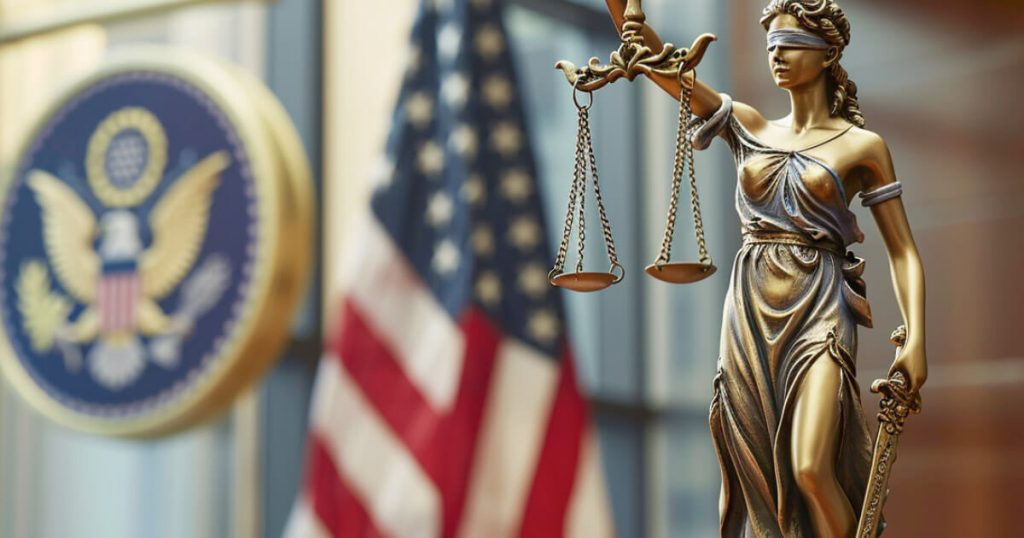Digital Chamber Files LEJILEX’s Amicus Brief in SEC Case

The Digital Chamber of Commerce has moved to file an amicus brief in an ongoing lawsuit involving LEJILEX and the Crypto Freedom Alliance of Texas (CFAT) against the Securities and Exchange Commission (SEC). The organization aims to support the plaintiffs’ efforts to prevent the SEC from exerting regulatory authority over the digital assets sector without a proper legislative foundation.
Digital Chamber’s Filing of LEJILEX Amicus Brief
The Digital Chamber has allied with LEJILEX and the Crypto Freedom Alliance of Texas in their legal battle against the SEC. This filing is intended to bolster the plaintiffs’ argument that the SEC has exceeded its jurisdiction by attempting to regulate digital assets under securities laws in the absence of clear statutory mandates. The amicus brief emphasizes the importance of establishing clear, fair regulations that foster rather than hinder the growth of the digital asset industry.
Furthermore, the brief highlights concerns that the SEC’s actions could adversely affect not only LEJILEX and CFAT but also the broader digital asset ecosystem. It raises apprehensions that continued unchecked SEC enforcement could lead to the arbitrary classification of numerous digital assets as securities, absent clear regulatory frameworks.
SEC’s Regulatory Approach
LEJILEX, which plans to launch the Legit.Exchange trading platform, faces legal uncertainties due to the SEC’s ambiguous stance. The company asserts its inability to pursue registration as a securities exchange or broker, citing the absence of SEC guidelines specific to digital asset trading platforms.
The plaintiffs argue that the imminent launch of their trading platform places them at risk of SEC enforcement actions for operating an unregistered securities exchange.
The Digital Chamber’s amicus brief offers a comprehensive overview of the SEC’s regulatory actions, highlighting previous enforcement actions against industry giants such as Coinbase and Binance as instances of regulatory overreach.
Necessity of Legislative Clarity and Support for Innovation
According to the Digital Chamber, the SEC’s current regulatory approach raises constitutional concerns by usurping Congress’s role in regulating the digital asset industry. The organization advocates for collaborative efforts between the SEC, other federal agencies, and Congress to formulate clear regulatory guidelines. Such guidelines, they argue, are crucial to fostering innovation and advancing the digital asset industry within the United States.
Coinbase has similarly supported LEJILEX’s cause by submitting an amicus brief challenging the SEC’s regulatory authority. Paul Grewal, Coinbase’s Chief Legal Officer, has criticized the SEC’s expansive regulatory posture and urged Congress to provide precise legislative guidance on digital asset regulation.
In conclusion, the Digital Chamber of Commerce has intervened in the lawsuit involving LEJILEX and CFAT to assist in challenging the SEC’s regulatory overreach in the digital asset sector. Their amicus brief underscores the need for legislative clarity and fair regulatory practices to promote innovation and sustainably develop the digital asset industry in the United States.












